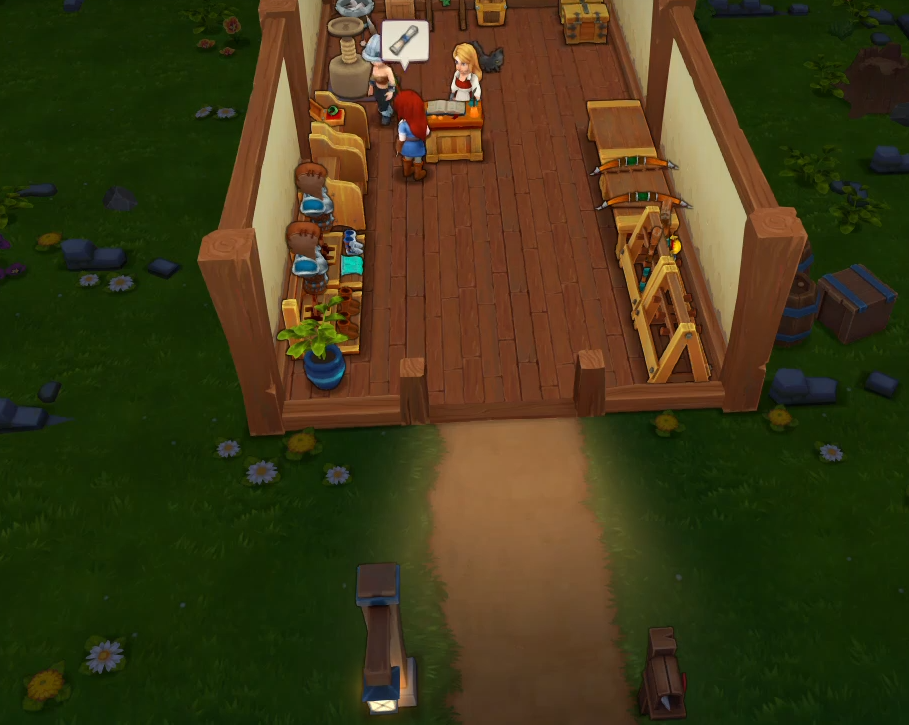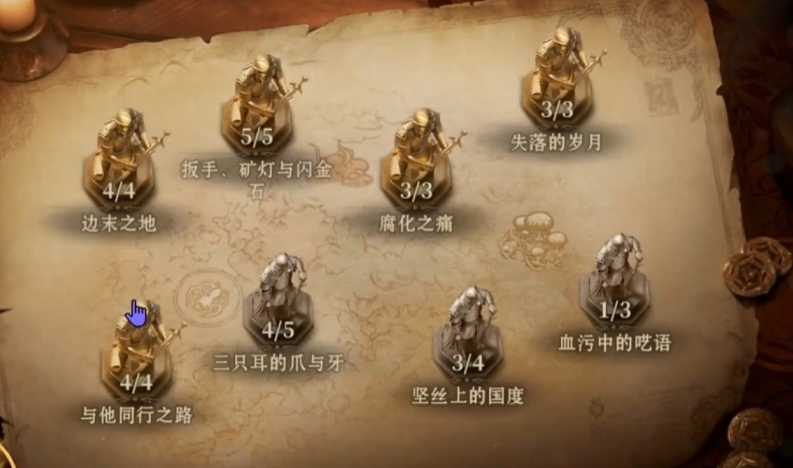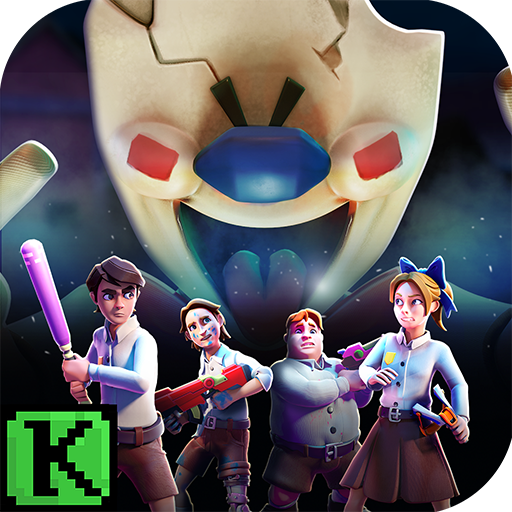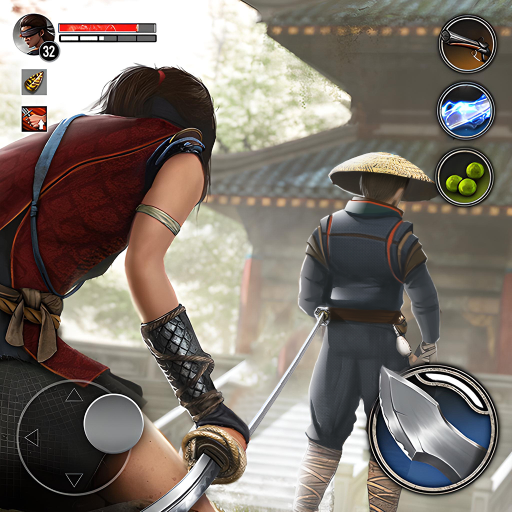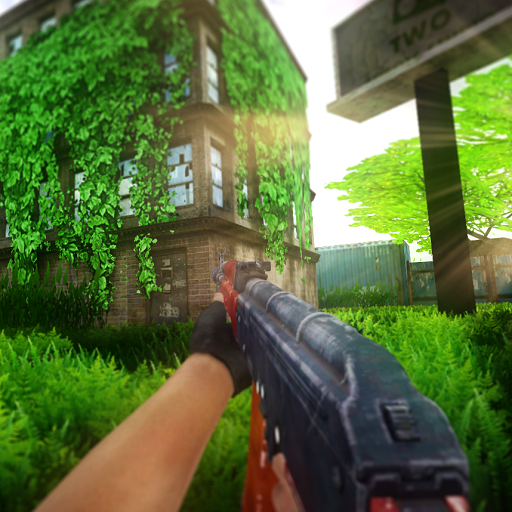The gameplay of managing the theater in Hua Hua and Interlude seems laid-back, but it actually requires a certain level of strategy. Today, let's dive into how to manage the theater more smoothly in Hua Hua and Interlude. In the game, we not only need to take care of three children like a nanny but also transform into a meticulous theater owner. From feeding the kids to stage lighting, every detail affects the box office and the player's blood pressure. Let's level up our understanding.
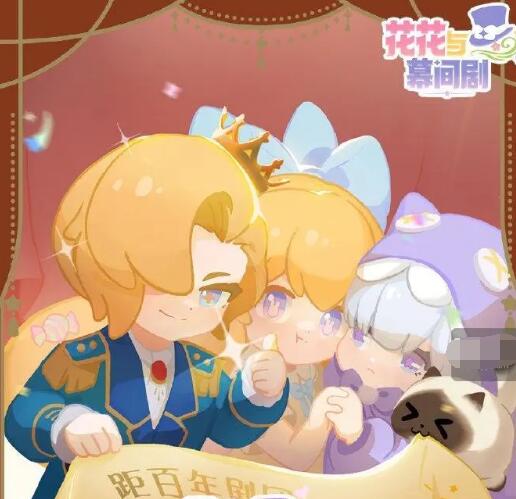
Actually, the core of running a theater is gold coins. In the game, gold coins are mainly earned by selling tickets and daily cleaning. Collecting ticket money three times a day (morning, noon, and night) can earn you over 400 gold coins. If the beds are not swept or the tables not wiped, it directly results in a significant loss. The most common pitfall for new players is randomly buying costumes and furniture, only to find out they can't afford limited-time items when events start. It's recommended to prioritize stocking up on ingredients and basic building materials. Buy more affordable items like potato chips and pumpkin pie, as the little ones aren't picky eaters. Before holiday events, the official usually gives compensation gold coins!

The prerequisite for advanced plays is having the children go out often. Prepare sweets, steak, and drinks. Although the official says they have preferences, in practice, what you give them doesn't seem to matter much; it's all about luck. Remember to put a water bottle and a notebook in their backpacks to increase the chances of bringing back scripts. Change the play at 7 PM every Thursday; repeating the same play will bore the audience, leading to a drop in ticket prices. Hidden plays require collecting a set of costumes and permits; it's suggested to stock up on project plans first before going for it!
The three children have different attributes, so in the early stages, you don't need to force all of them to work. Focus on nurturing one as the mainstay. Give skill books to the children who go out often, and let the homebody handle cleaning the theater for a basic income. For those who refuse to go out, try giving them sports drinks or changing their outfits; it might change their luck.
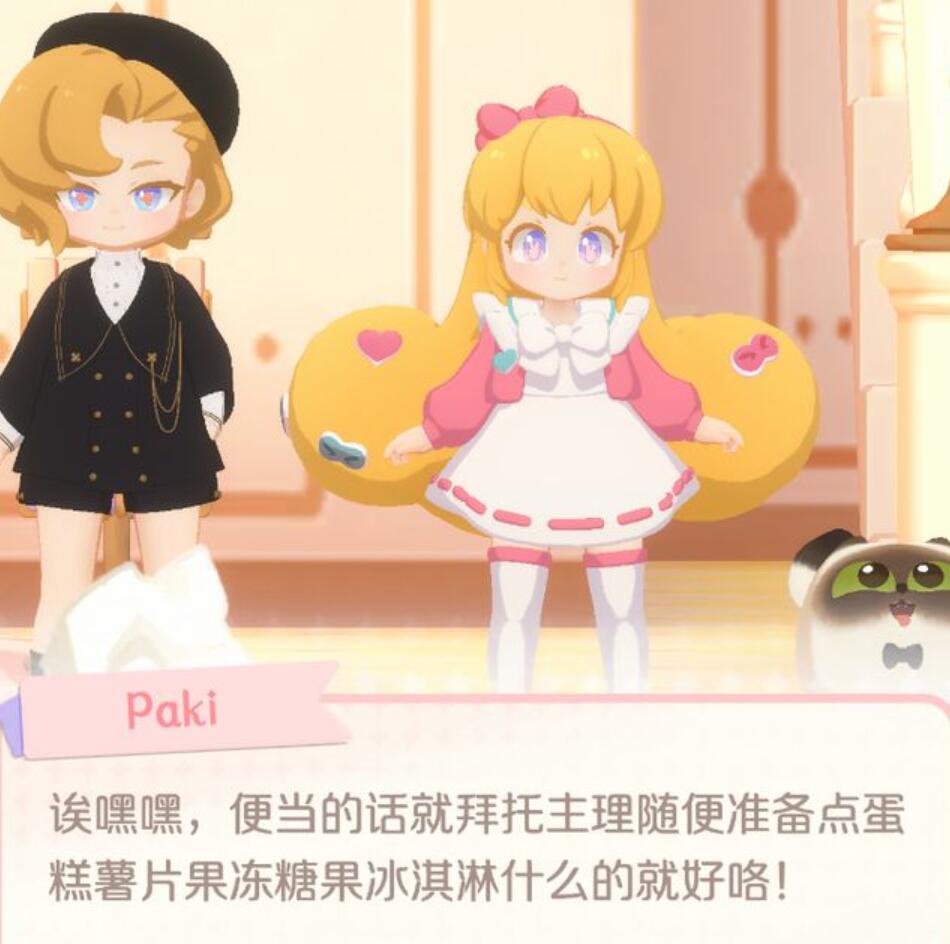
The game time is synchronized with real time, and after 10 PM, all the children go to sleep, making logging in at that time pointless. It's suggested to collect tickets and clean in the morning, restock at noon, and wait for the new play to start at 7 PM. Limited-time events usually last for 3 days; prioritize exchanging for star coins to buy rare materials from the general store, and save gold coins for daily operations. In terms of techniques, choosing warm-toned stage lights can increase the ticket price by 10%, while cool tones are suitable for suspense plays but may scare off the audience.
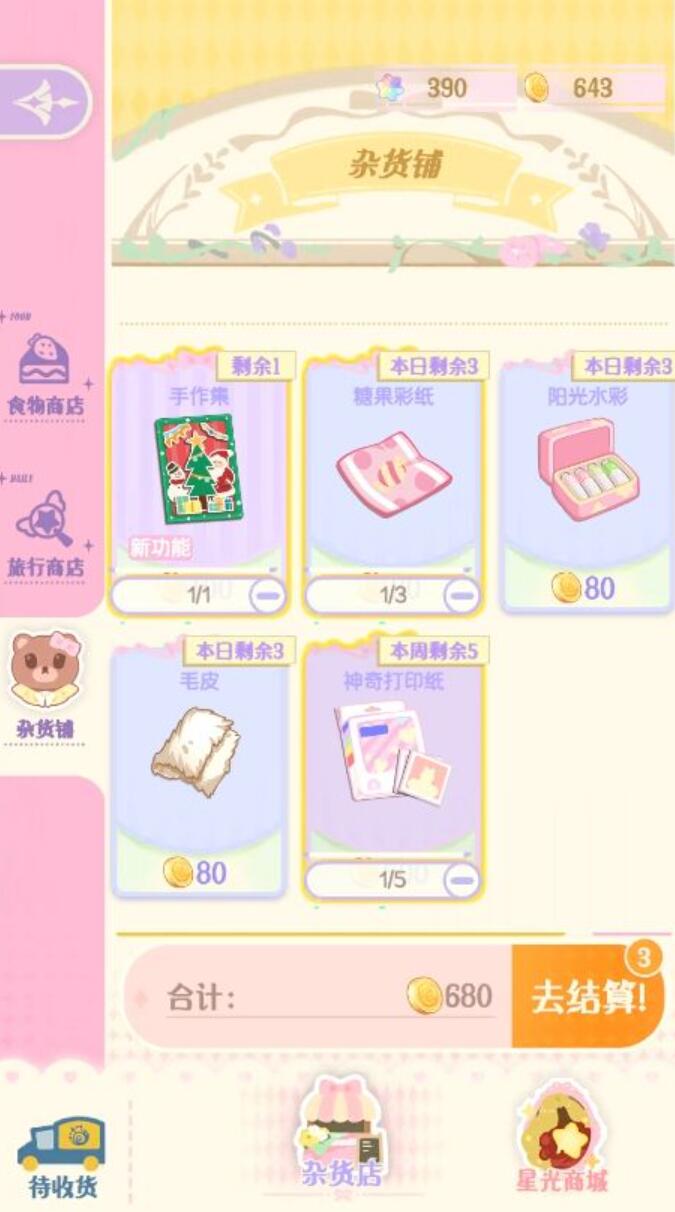
The essence of this game is "achieving the greatest surprise with the least effort." Don't worry too much about whether the children go out today; accumulating gold coins and waiting for version updates is the way to go. Moreover, the audience loves healing stories, and grinding too hard might not yield the best results. With a laid-back approach, your theater might just become the top attraction in Starlight Town someday!
